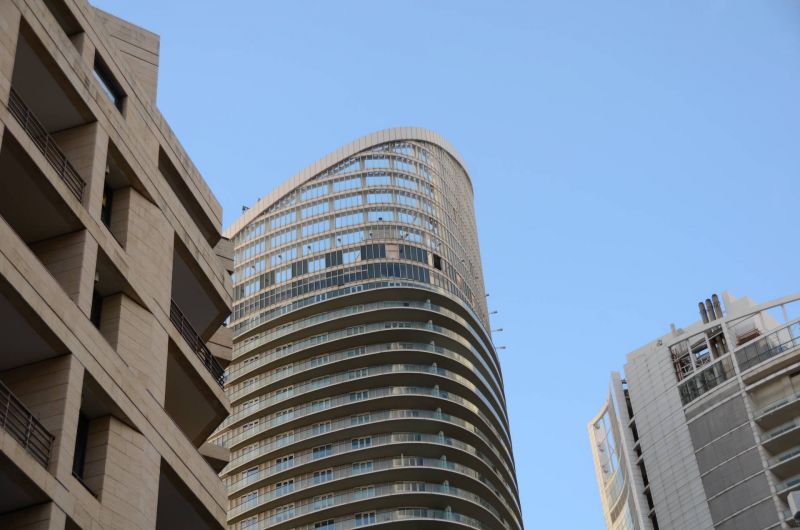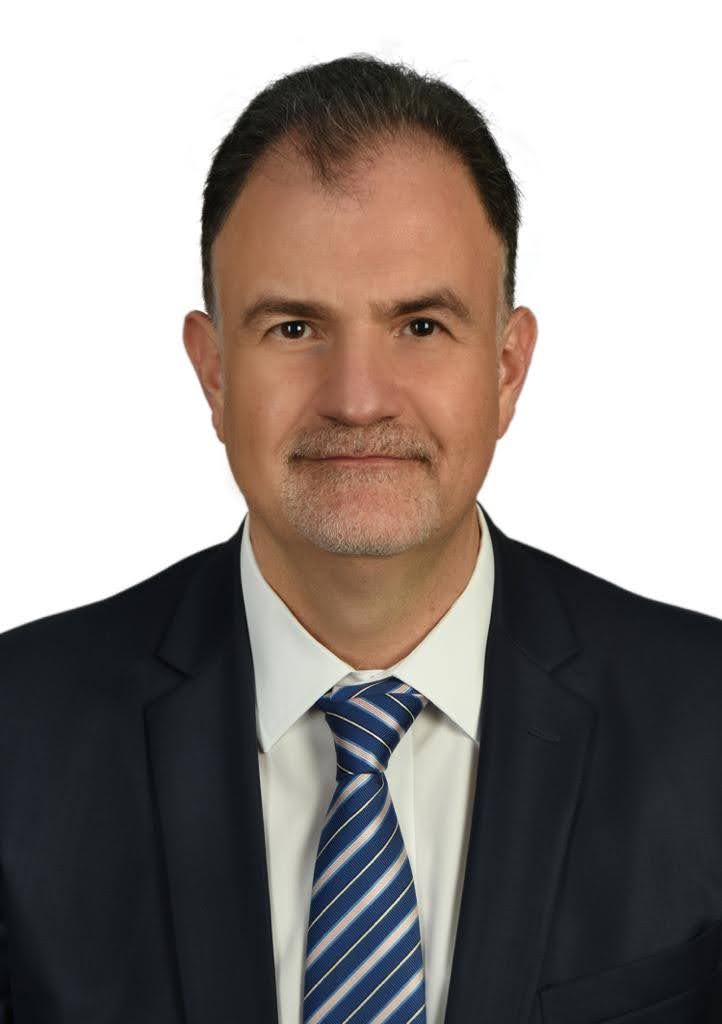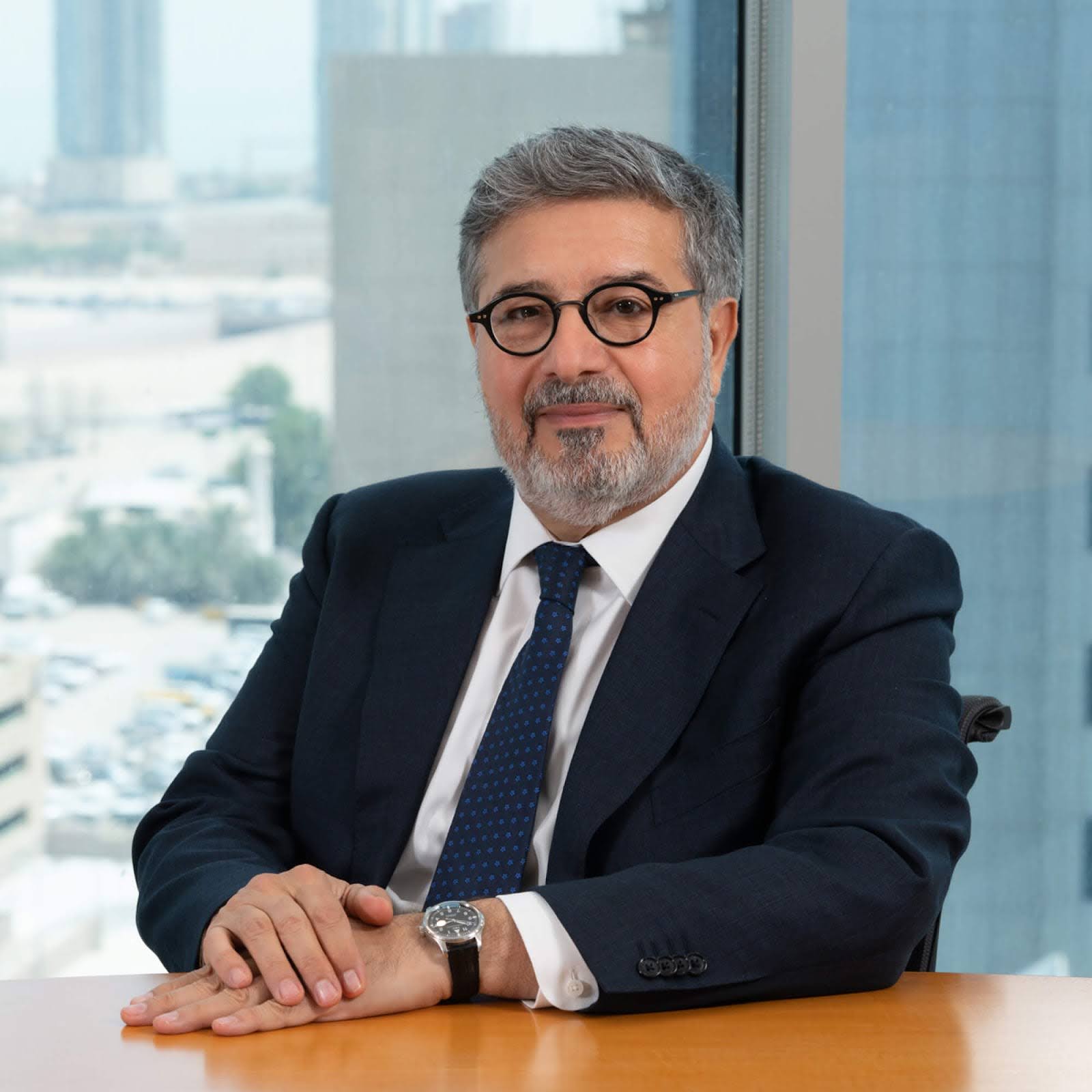
Buildings in downtown Beirut. (Credit: Sandrine Frem and Pao Ibrahim/L'Orient Today)
BEIRUT — Two Lebanese businessmen — Ali H. Khalil and Husayn Shahrur — are on Forbes Middle East's list of Top 30 Asset Managers of 2024, published this week.
Asset managers typically work or run companies that collaborate with investors to diversify their portfolios and tap into economic trends.
Meet the Lebanese asset managers who made the list:
Husayn Shahrur
 (Courtesy of: Husayn Shahrur)
(Courtesy of: Husayn Shahrur)
Ranked at number 26, Shahrur is the CEO of ABK Capital, the investment arm of Al Ahli Bank of Kuwait, where he is also based. ABK Capital, which provides asset management solutions and investment advisory services in the region, had $2.3 billion of assets under management in 2023, according to Forbes.
Shahrur holds a PhD in Finance from Georgia State University and had previously earned a bachelor’s and a master’s in business administration (MBA) from the American University of Beirut (AUB).
He was a managing director at NBK Capital in Kuwait until October 2021 before moving to ABK Capital. He also taught at Bentley University in Massachusetts, where he held the position of Associate Professor of Finance for over five years and has multiple publications in top-tier international finance journals (such as the Journal of Financial Economics).
“I’m very grateful for the education I got in Lebanon, and particularly my professors at AUB, as it gave me an edge and a big push in my career,” Shahrur told L’Orient Today.
ABK Capital’s CEO added that he grew up in a family and an environment that values education.
After leaving Lebanon and completing his PhD in the US, Shahrur described the double challenge he faced, between changing his career path (and moving from academia to the corporate world), and also moving countries (from Lebanon to the US, and from the US to Kuwait).
“My academic background gave me a great understanding of the finance field, a deeper understanding of different markets and the risk and rewards of investing,” he said.
Under Shahrur’s wing, ABK Capital plans to provide more investment solutions to its clients, roll out innovative products in public and private markets, and expand its digital solutions and product platforms.
Ali H. Khalil
 (Credit: Forbes Middle East)
(Credit: Forbes Middle East)
Ranked at number 22, Khalil is the Chief Executive Officer (CEO) of Kuwait Financial Centre “Markaz,” an asset management and investment banking group headquartered in Kuwait, where he is currently based. He had previously graduated from INSEAD with a Master’s of Business Administration (MBA), and from Texas A&M University with both a bachelor’s and a master’s in Industrial Engineering.
Khalil joined Markaz in 1989 as president of Mar-Gulf Management, a subsidiary based in Los Angeles, and held various senior management positions until his appointment as CEO in 2020. He has been working with the group for more than 33 years and oversaw both the asset management and investment banking branches of the company, with all their underlying activities including mutual funds, portfolio management, real estate and private equity, among others.
According to Forbes’ website, Markaz’s reported total assets under management amounted to $3.94 billion in 2023, and recorded revenues of $85.5 million the same year.
Over ‘$340 billion in managed assets’ in 2023
The 30 asset managers ranked in the list managed over $340 billion in assets last year “including local and international equity and debt funds, discretionary portfolios, real estate investments, REITS, and private equity,” stated Forbes.
Asset managers from Saudi Arabia dominated this year’s list, with 14 out of 30 entries based in the kingdom. Kuwait and the UAE followed with five and four entries, respectively.
To build its ranking and assess asset managers, Forbes took into account the weighted average of various metrics including the company’s assets under management, the leader’s past track record and experience, the leader’s time in their current role and their key achievements between January 2023 and March 2024.
Forbes only considered asset managers who manage public money on a fiduciary basis (someone who legally manages money or property for someone else), and “excluded asset managers from sovereign wealth funds as well as private/family offices.”